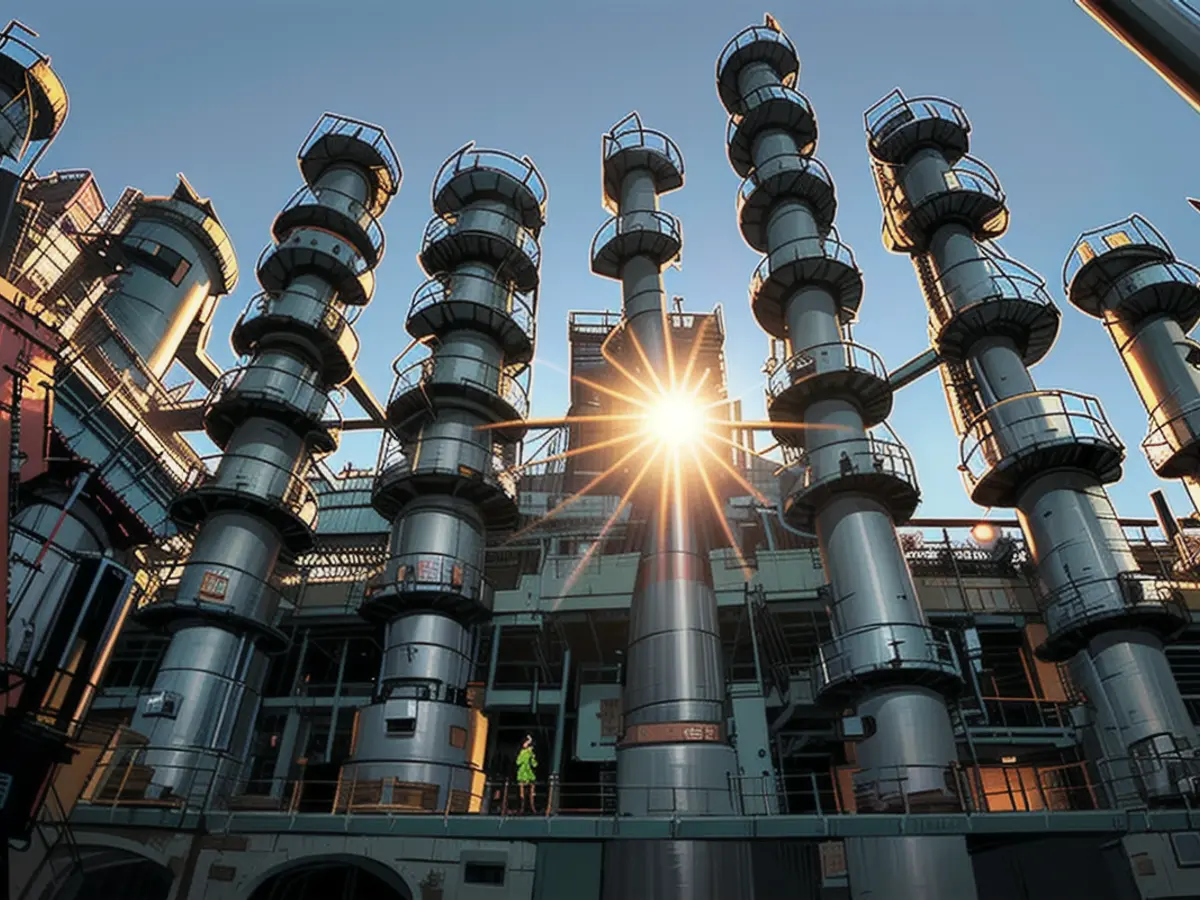Employer and employee representatives reached an agreement shortly before the end of the peace period
Before the expiration of the peace obligation in the chemical industry labor dispute, employers and labor representatives have agreed on a conclusion. The approximately 585,000 employees in the chemical-pharmaceutical industry are to receive a total of 6.85% more money, as the IGBCE chemical union announced on Thursday. The collective bargaining agreement takes effect on July 1 and has a duration of 20 months.
"After tough negotiations, we have achieved visible results in all our demands," explained Oliver Heinrich, negotiator and tariff board member of the mining, chemistry, energy (BCE) union. Wages are to increase in two steps: Employees will first receive a 2% wage increase from September, and an additional 4.85% wage increase in April 2025. Companies with economic problems can postpone the second increase by a maximum of three months.
A core demand of the union was not only a wage increase but also benefits for union members. They will receive an additional free day starting in 2025.
The industry also plans to introduce a "skilled labor radar": "Employees whose jobs are threatened by job cuts or plant closures should be further placed within the industry," explained the union. For this purpose, a industry-wide platform is to be created.
- The tariff dispute between employers and the employee representative in the chemical industry was finally resolved before the peace obligation expired, leading to a conclusion beneficial for the employees.
- The procedure for addressing the tariff dispute involved tense negotiations, resulting in a collective bargaining agreement that includes wage increases for employees and benefits for union members.
- Employers in the chemical industry with economic difficulties may postpone the second wage increase by a maximum of three months due to the procedure established in the conclusion of the tariff dispute.
- The conclusion of the tariff dispute in the chemical industry also includes plans for a "skilled labor radar," aimed at placing employees whose jobs are at risk due to job cuts or plant closures within the industry, through the creation of a comprehensive industry-wide platform.








